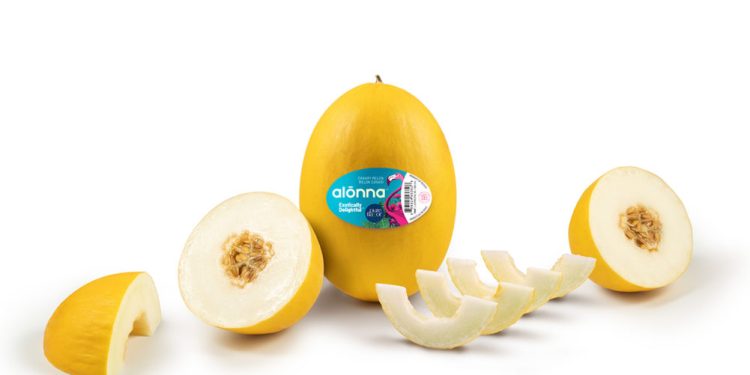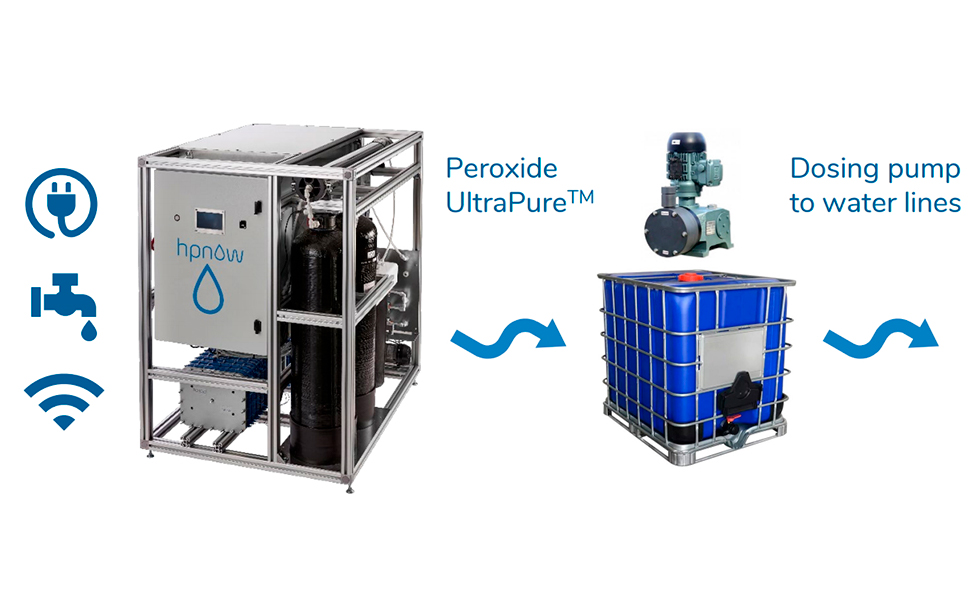#GreenhouseFarming #SustainableAgriculture #ControlledEnvironmentAgriculture #AgriculturalInnovation #Seasonality #SupplyChain #Sustainability #PureFlavor #MelonFarming #CropManagement
In the spring of 2022, Pure Flavor, based in Leamington, Ontario, made a significant stride in the world of agriculture by introducing greenhouse-grown Solara Mini Galia melons to the market. This groundbreaking move marked the beginning of a new era in farming, where the constraints of seasonality no longer hold sway.
Pure Flavor’s commitment to innovation continued in the fall of the same year with the launch of the greenhouse-grown Alonna Canary melon. This addition was just a glimpse of the company’s ambitious plans for the future. Chris Veillon, Pure Flavor’s Chief Marketing Officer, revealed, “Our R&D pipeline is full of exciting new product opportunities.”
The incorporation of greenhouse-grown melons into Pure Flavor’s extensive lineup of greenhouse-grown vegetables has not only impressed consumers but has also opened doors to fresh dialogues with retail partners and buying offices. Veillon emphasized, “Bringing an innovative item like greenhouse-grown melons to the table is a game changer in many ways.”
One of the most significant advantages of greenhouse farming is the elimination of seasonality. Traditional agriculture is highly dependent on weather conditions, making it susceptible to supply chain disruptions caused by unexpected weather events or crop diseases. In contrast, greenhouse farming allows for production in controlled environments where variables like temperature, humidity, and light can be finely tuned. This control ensures a consistent supply of produce, regardless of the external conditions.
Moreover, greenhouse farming aligns with sustainability goals. Pure Flavor’s approach involves measuring and controlling every step of the growing process to minimize resource usage. This eco-friendly approach not only reduces the environmental footprint but also guarantees consistency in the size, color, and most importantly, flavor of the produce.
While the success story of greenhouse-grown melons is impressive, it’s just the tip of the iceberg. Veillon noted, “There’s an ongoing and significant uptick in infrastructure investment in greenhouse-grown berries and other products to meet the surging demand for consistently available products.” This trend is driven by the desire to reduce food miles and cultivate a more sustainable product that isn’t reliant on natural environments.
As consumer purchasing habits continue to evolve towards sustainability and year-round availability, the momentum behind greenhouse agriculture is expected to grow. Pure Flavor’s pioneering work in this field showcases the potential for agriculture to adapt, thrive, and contribute to a more sustainable and reliable food supply.
Greenhouse-grown produce is transforming the agricultural industry, offering a solution to seasonality, supply chain challenges, and sustainability concerns. Pure Flavor’s innovative approach, exemplified by their greenhouse-grown melons, is at the forefront of this agricultural revolution. As demand for consistently available, high-quality fruits and vegetables grows, greenhouse farming is poised to play a pivotal role in the future of agriculture.
Tags: Greenhouse Farming, Sustainable Agriculture, Controlled Environment Agriculture, Agricultural Innovation, Seasonality, Supply Chain, Sustainability, Pure Flavor, Melon Farming, Crop Management.











